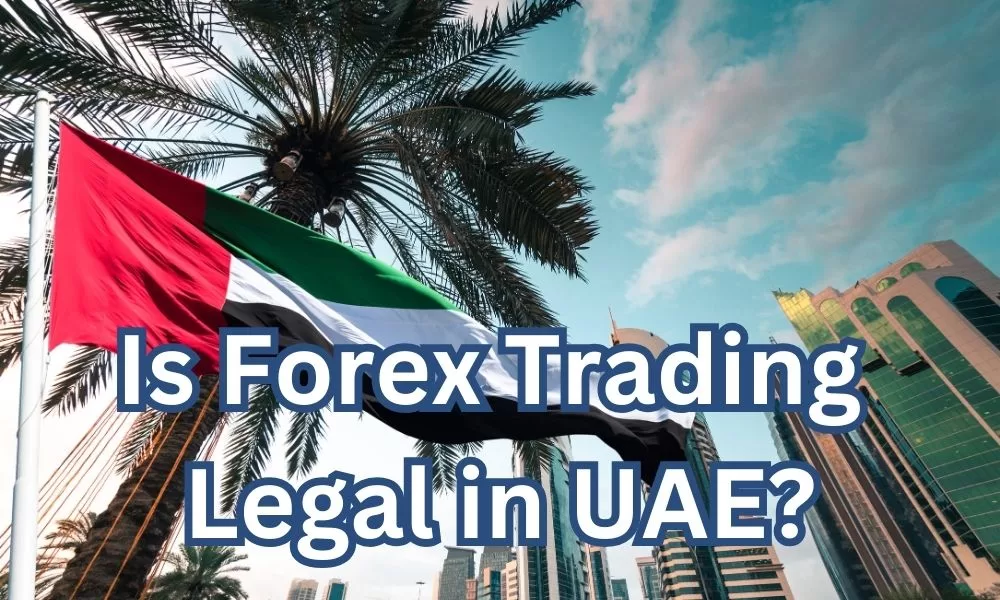Forex trading is officially sanctioned in the United Arab Emirates, home to approximately 9.89 million potential forex traders. The local regulatory authority overseeing the securities markets is the Emirates Securities and Commodities Authority (SCA).
As one of the world’s wealthiest nations, the UAE’s economic pillars include international trade, air transport, financial activities, and tourism. Given the pivotal roles of international trade and tourism, forex trading in the UAE attains an additional layer of legitimacy as it becomes integral to successful business operations.
In addition to conventional forex trading, Islamic forex trading is also permitted within the country. With Islam as the official religion and approximately 90% of the local population identifying as Muslim, finding an Islamic Forex Broker is a straightforward task.
Most, if not all, forex brokers operating in the UAE offer Islamic or Swap-Free Forex Trading accounts. Local Muslim investors are encouraged to select a forex broker that provides both standard and Islamic forex trading accounts, ensuring compliance with Sharia Law.
The Securities Commodities Authority
The Securities Commodities Authority (SCA) of the UAE serves as the regulatory body responsible for overseeing all non-banking financial activities, including but not limited to forex trading, CFDs, and various online financial activities. The primary goal of the SCA is to bolster the capital market and stimulate economic growth within the UAE. They achieve this by providing a stable environment that attracts foreign investments into the forex market. It’s important to note that while the Central Bank of the UAE regulates forex brokers, the issuance of licenses falls under the jurisdiction of the SCA.
The UAE boasts two financial free zones: the Dubai International Financial Centre in Dubai and the Abu Dhabi Global Market in Abu Dhabi. These zones facilitate activities related to Forex Trading, CFDs, and other online non-banking financial trading. The Dubai Financial Services Authority is a specialized authority to regulate forex brokers and companies engaged in non-banking financial activities.
It’s important to emphasize that trading in forex through local brokers who are regulated by the SCA, Central Bank, or other relevant regulatory authorities is entirely legal within the UAE. However, any individual or entity intending to offer non-banking financial services in the UAE must establish a legally recognized entity within the country, either in the mainland or one of the financial-free zones mentioned above. This process must adhere to the laws and regulations of the UAE. Importantly, the UAE strictly prohibits any entity from engaging in forex or other online trading activities without obtaining the appropriate license through legitimate channels.
Regulation and Compliance
It’s crucial to emphasize that forex trading in the UAE is subject to rigorous regulation aimed at safeguarding investors and upholding the financial market’s integrity. Forex brokers in the UAE fall under the jurisdiction of various regulatory bodies, contingent on their location and operational scope.
Forex brokers operating across the seven Emirates, encompassing Dubai and Abu Dhabi, are regulated by the UAE Central Bank. In the Dubai International Financial Centre (DIFC), regulatory oversight is provided by the Dubai Financial Services Authority (DFSA). Forex trading within the Abu Dhabi Global Market is subject to supervision and regulation by the Financial Services Regulatory Authority. These regulatory entities ensure that forex trading in the UAE adheres to transparency, security, and investor protection.
Read More here.
The Flourishing Evolution of Forex Trading in the UAE
Over the past decade, the financial landscape of the United Arab Emirates (UAE) has undergone a significant transformation. This transformation includes the rapid emergence of Forex trading, which has opened up abundant opportunities for investors.
The UAE has wealth and opulence, driven by its dynamic economy primarily supported by the oil industry. For years, it has attracted investors from all corners of the world. However, as the country takes deliberate steps to diversify its economic portfolio, one sector forex trading has seen remarkable upsurge.
Forex is the buying and selling of various currencies to capitalize on fluctuations in exchange rates. With a daily turnover of $6 trillion and its accessible nature, Forex trading has become an appealing investment among the local population.
Guidelines for Successful Forex Trading in the UAE:
Self-Education: Prior to entering forex trading, ensure a solid grasp of the market, risk management, and trading strategies. Continuously update your knowledge via books, online courses, and trusted educational sources.
Broker Selection: Choose a regulated, reputable forex broker aligning with your trading requirements. Evaluate factors such as spreads, leverage options, trading platforms, and customer support.
Demo Account Practice: Begin with a demo account to acquaint yourself with the platform and test strategies without real money risk. This builds confidence and allows the refining of tactics before transitioning to live trading.
Trading Plan Creation: Develop a clear trading plan outlining goals, risk tolerance, and strategies. Adhere to the plan to avoid emotionally driven, impulsive decisions.
Conclusion
Participating in the global currency markets through forex trading in the UAE presents a multitude of prospects for individuals. Nevertheless, it is imperative to grasp the legal framework and regulations that govern forex trading within the UAE. UAE entails adheres guidelines set forth by the Securities and Commodities Authority, selecting trustworthy brokers, and implementing risk management strategies.


